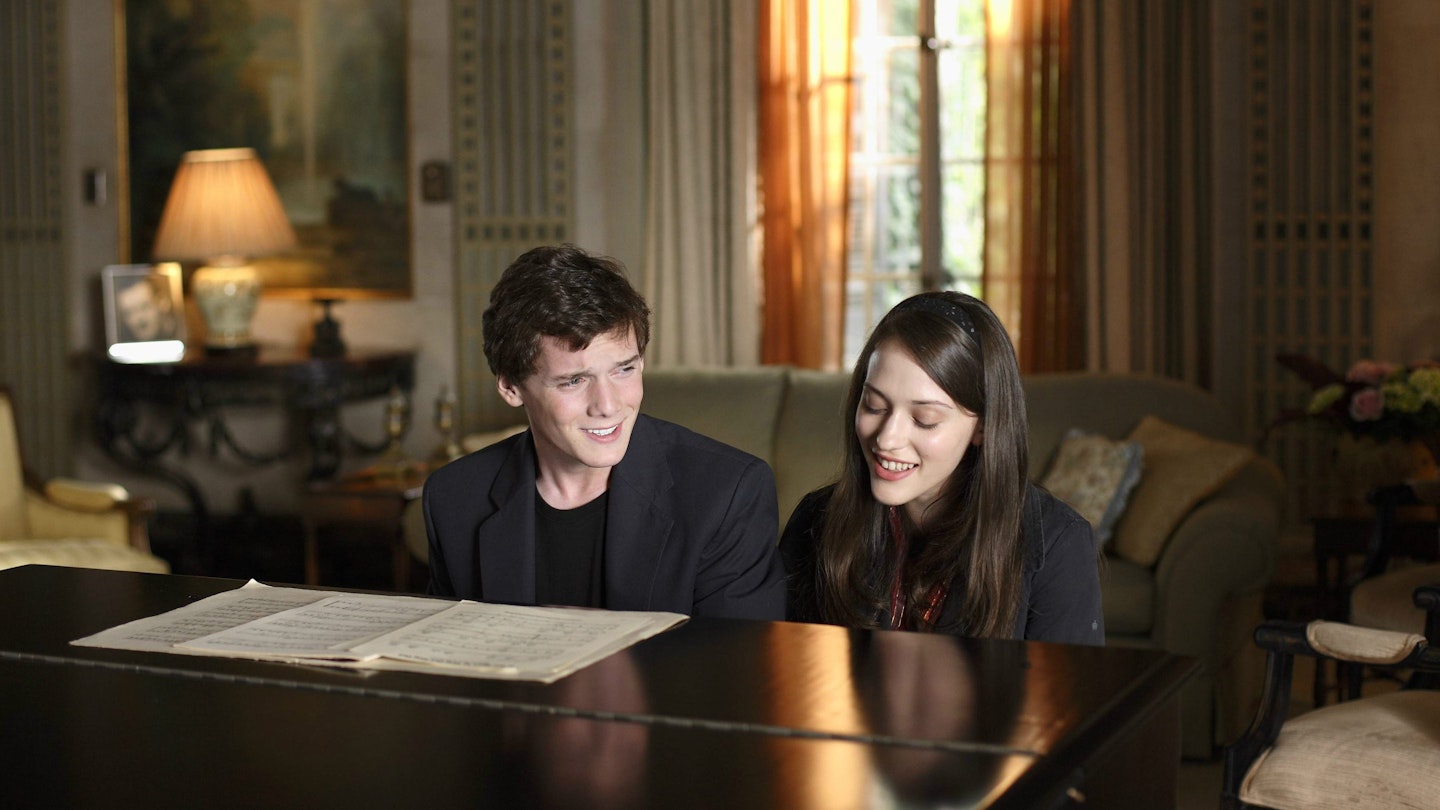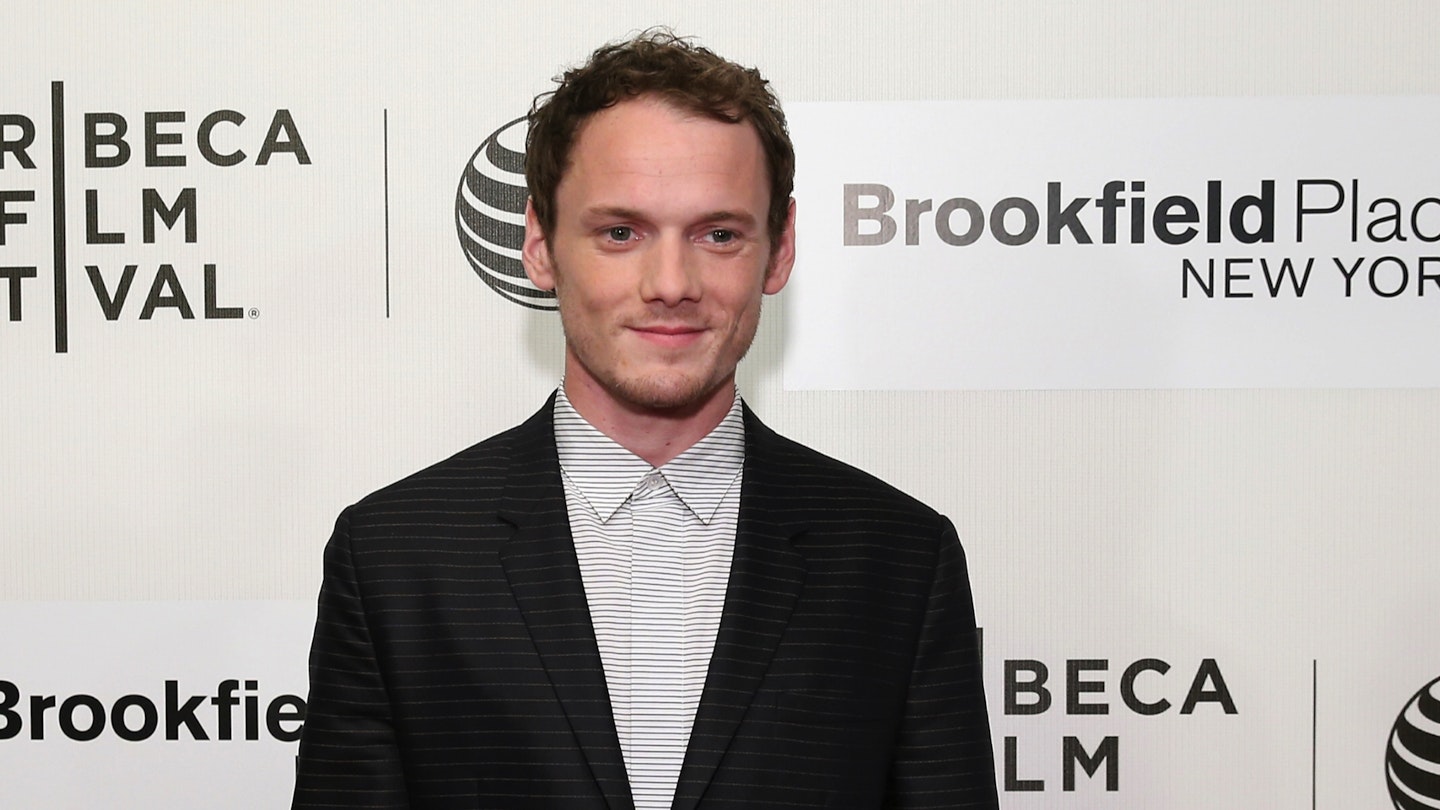Charlie Bartlett can’t have been an easy pitch. Like the character, the movie has its work cut out: how to make a (very) rich kid sympathetic and likeable? It’s a challenge first-time filmmaker Jon Poll has struggled hard to overcome, but, at some stage, he either gave up or had the rug pulled from under him.
Initial inroads into Charlie’s plight are good. Despite his life of privilege, the boy doesn’t have the things he really wants - the things every teenager wants - security and popularity. He (quite literally) dreams of standing before crowds of adoring peers, and operates crafty, yet daft, schemes to win their approval - schemes which have resulted in his systematic expulsion from every private school in the area.
After we’re introduced to his eccentric mother - Hope Davis in a role that could have gone spectacularly wrong, but becomes a marvel of subtle comedy in her capable hands – Charlie heads for state school, blazered and clutching an attaché case: obviously gearing up to have the shit kicked out of him. So far, so predictable. It's when Charlie uses his resourcefulness to deftly take control of his situation that things swiftly pick up.
Charlie Bartlett is at its most interesting when it nudges the boundaries of good behaviour; measuring Charlie’s desire for acceptance against the dangers of, say, selling prescription drugs to his classmates. Of course, your enjoyment of these scenes may well depend on your politics, but there’s no denying that watching a toff have an adverse reaction to a dose of Ritalin is highly amusing.
It’s unfortunate that Poll doesn’t push his characters further into such promising territory. The good work unravels when conflicts begin to be resolved by contrived, convenient screenwriting; while the always reliable Robert Downey Jr. is criminally wasted, waiting for a big scene that never arrives. A horrible sense of ’happy ending syndrome’ kicks in, and with it any hopes of Poll matching the likes of Wes Anderson quickly evaporate. It means that a good film falls short - considerably, in the end - of greatness. There are plenty of good qualities in Charlie; it just needed to apply itself a little more.

